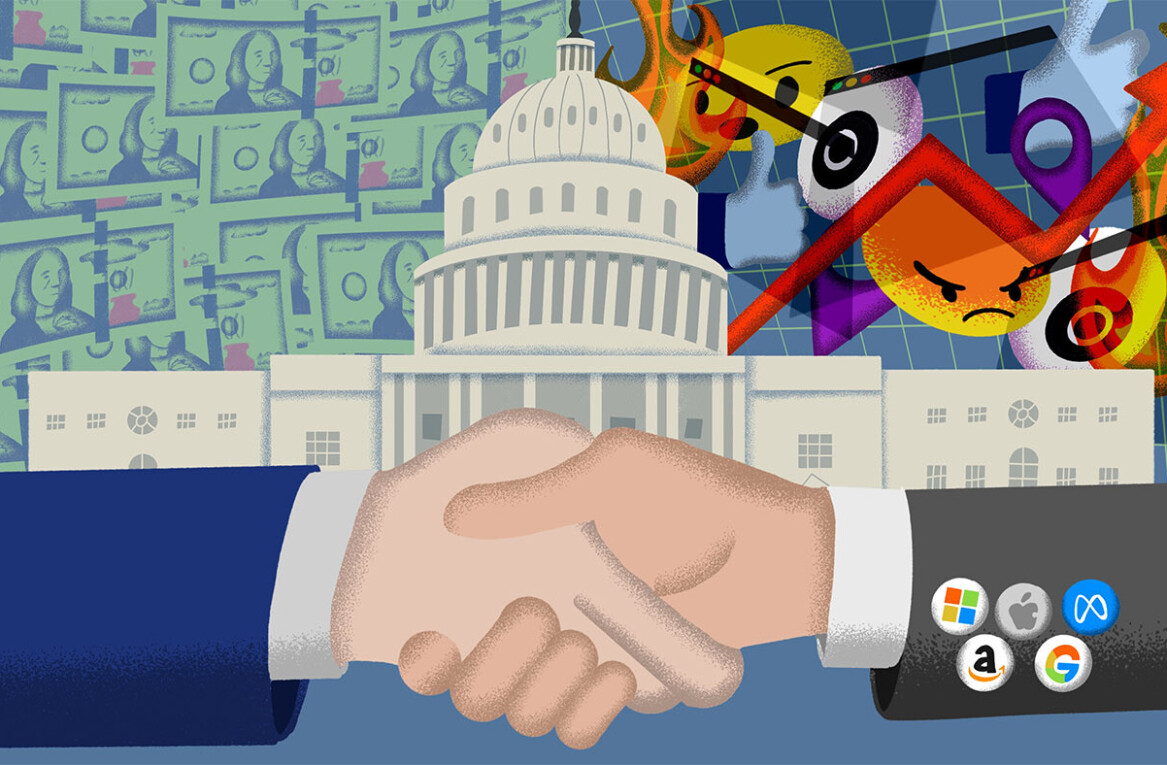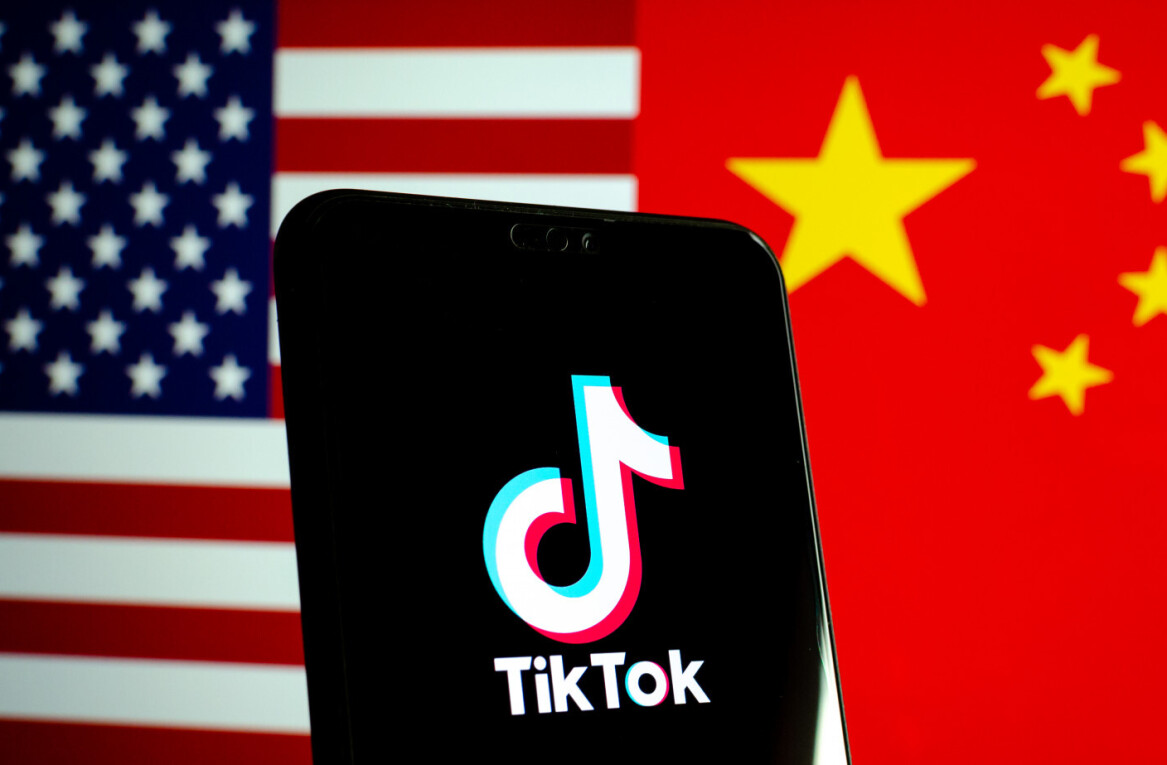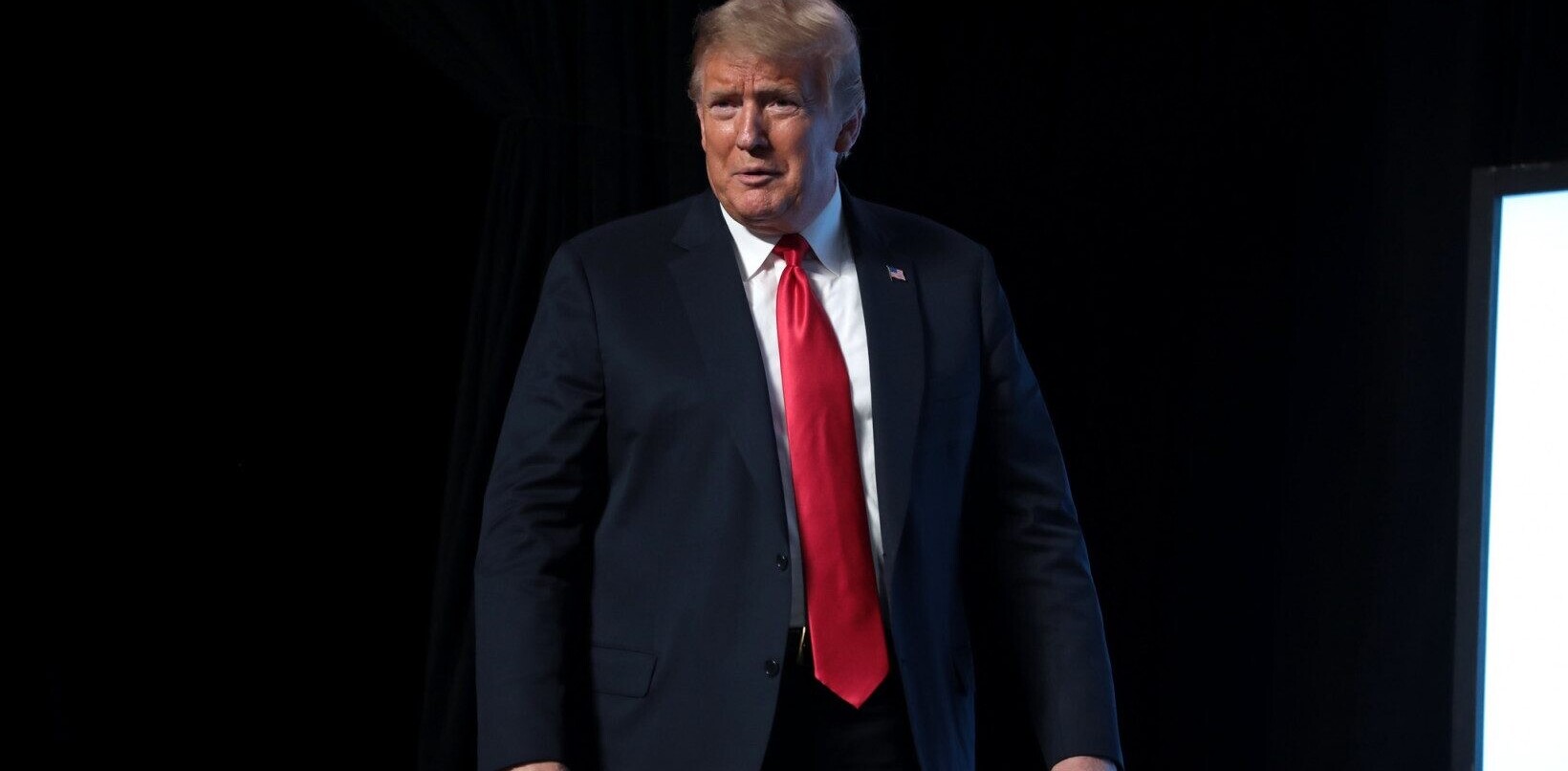
 Senator Jay Rockefeller of West Virgina plans to introduce a bill which, if passed, would work stifle the already paltry competition in the American wireless industry.
Senator Jay Rockefeller of West Virgina plans to introduce a bill which, if passed, would work stifle the already paltry competition in the American wireless industry.
The Public Safety Spectrum and Wireless Innovation Act would take 10 megahertz of spectrum and use it to build a wireless data network solely for use by emergency services such as police, paramedics, and other public first response services. This goes against the FCC’s recommendation to auction off the same band of spectrum to private companies. The funding from the auction would then go towards building the same sort of network. Essentially, the only difference is that Senator Rockefeller wants to spend more taxpayer money to accomplish the same goal.
A larger problem with the Senator’s proposal is that at this point, only Verizon and AT&T have access to spectrum needed for building out a 4G network. T-Mobile, which has around a third of the customers of Verizon, was planning on participating in the auction in hopes of setting up its own LTE-powered 4G network. This means that if consumers want 4G service when LTE comes to market, they’ll have to stick to the larger companies which tend to charge more money for service. And if AT&T’s recent changes in data pricing are any indication, prices to use 4G data on these carriers will cost even more than than data costs today.
Another benefit of the FCC’s proposed spectrum auction was handset openness. Any carrier using the specific 10 megahertz band would have to allow for any sort of handset or device to work on that network. This would allow consumers more choice in which phones they could use on networks. The senator’s bill would do away with this requirement, making for less competition in handset pricing.
Overall, Senator Rockefeller’s upcoming bill seems like a mistake. It accomplishes what the FCC would have done otherwise, only at consumer and taxpayer expense.
Get the TNW newsletter
Get the most important tech news in your inbox each week.





